in-store offers
10 of the best
Outlaw Country
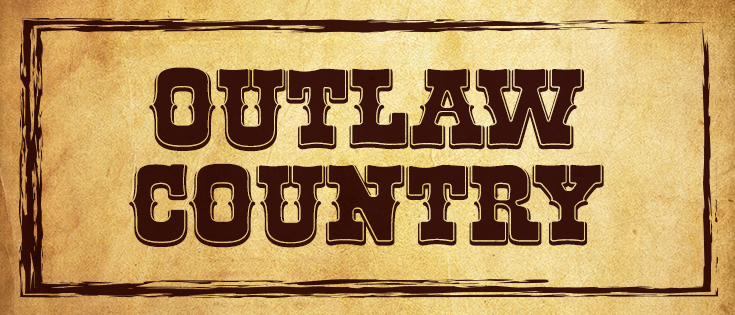
The Outlaw Country movement of the 1970s was a seismic shift within the country music landscape, a rebellious force that subverted the prevailing norms of the Nashville establishment. Pioneered by maverick figures like Willie Nelson, Waylon Jennings, and Johnny Cash, these artists rejected the glossy veneer of mainstream country in favour of a grittier, more authentic sound. Characterised by a sonic fusion that melded country with rock and folk influences, Outlaw Country was a departure from the slick production and formulaic songwriting endemic in Nashville. With their weathered voices and outlaw personas, a small group of musicians became the vanguards of a movement that championed individualism and lyrically explored themes of personal freedom and societal nonconformity.
Join us as we run through 10 of our favourite Outlaw Country albums…
 Townes Van Zandt – Townes Van Zandt (1969)
Townes Van Zandt – Townes Van Zandt (1969)
Townes Van Zandt’s self-titled 1969 album is a stark embodiment of the singer-songwriter’s unvarnished introspection and literary lyricism. In this seminal work, Van Zandt navigates the emotional topography of love, despair, and existential contemplation with a narrative acumen that sets him apart. The album’s stripped-down arrangements and Van Zandt’s intricate fingerpicking provide an intimate backdrop for his haunting tales, notably exemplified in tracks like “For the Sake of the Song” and “Waitin’ Around to Die.”
Van Zandt’s skill in capturing complex emotions and weaving them into poignant vignettes is unmistakably showcased in his eponymous album. His mastery of storytelling within the folk and country realms cements him as a revered figure. The album not only serves as a defining chapter in Van Zandt’s early career but also acts as a guiding beacon in the vast landscape of American songwriting. Its enduring influence is felt through Van Zandt’s commitment to authenticity and his ability to craft narratives that resonate with the depths of human experience, leaving an indelible mark on the legacy of narrative songcraft in the American musical tradition.
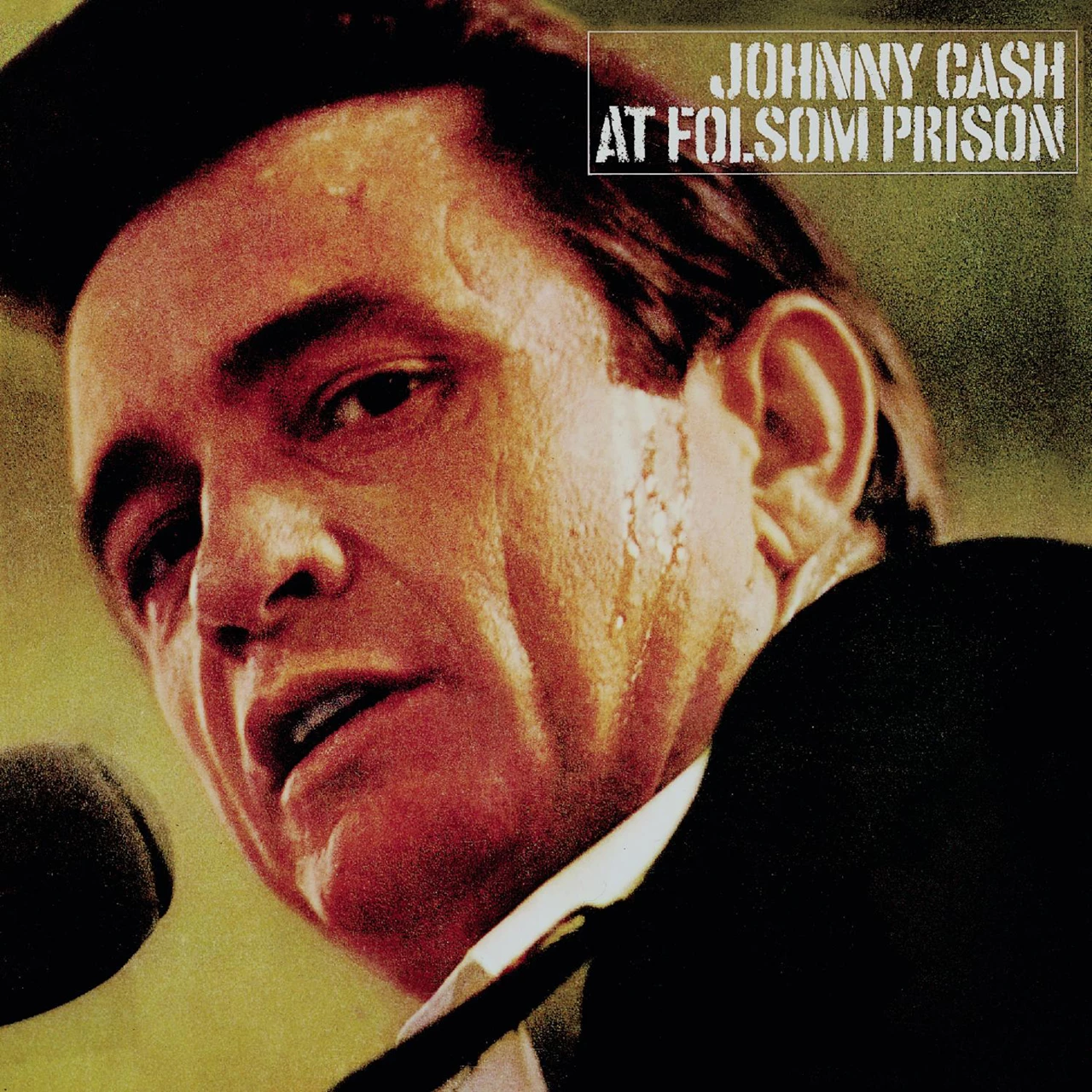
Johnny Cash – At Folsom Prison (1968)
At Folsom Prison is a visceral testament to the Man in Black’s uncanny ability to bridge the gap between performer and audience. Set against the gritty backdrop of Folsom State Prison, Cash delivers a performance that transcends mere musicality, tapping into the collective consciousness of the incarcerated. The album’s track selection is a masterstroke, blending Cash’s iconic hits with songs that mirror the experiences of those behind bars.
The album goes beyond a typical concert recording, transforming into a profound sociocultural document that mirrors Johnny Cash’s intense involvement in social issues and his enduring empathy for the human condition. Cash’s gravelly baritone resonates as a powerful instrument, echoing within stripped-down arrangements. This sonic minimalism exposes the unfiltered essence of Cash’s outlaw persona, encapsulating the raw authenticity that defines his musical legacy. It transcends genre conventions, portraying Cash not just as a country icon but as a compassionate artist whose enduring impact resonates through the genuine portrayal of shared human experiences.
 Willie Nelson – Phases and Stages (1974)
Willie Nelson – Phases and Stages (1974)
A mesmerising journey into the heart of a fractured marriage. Willie Nelson’s conceptual brilliance divides it into the contrasting perspectives of “Phases” and “Stages” each unraveling a different layer of the emotional fallout from love’s dissolution. Nelson, a virtuoso storyteller and genre alchemist, crafts a sonic landscape where country, folk, and honky-tonk converge seamlessly.
Marking a pivotal moment in Willie Nelson’s career as he boldly steps away from the entrenched norms of Nashville’s mainstream country sound. His departure is not just a deviation; it’s a deliberate and progressive move that reshapes the album. This departure from convention is more than a stylistic choice—it’s a statement of artistic independence and a willingness to challenge established norms. The result is a record that doesn’t merely reflect its era but transcends it, possessing a timeless and contemporary allure. Hailed as one of the zeniths in his illustrious career, its inclusion on this list was an inevitability.
 Bobbie Gentry – Ode To Billie Joe (1967)
Bobbie Gentry – Ode To Billie Joe (1967)
Released in 1967, Ode to Billie Joe has become a seminal work, solidifying her as a maestro of Southern Gothic storytelling. The album’s centrepiece, the enigmatic title track, spins a haunting yarn about Billie Joe McAllister’s fateful jump off the Tallahatchie Bridge. Gentry’s smoky, soulful vocals lend an arresting quality to the narrative, drawing listeners into the mysterious tale. However, her brilliance surpasses the chart-topping title track, the album acts as a palette for her genre-defying foray. Tracks such as Mississippi Delta exemplify Gentry’s versatility, as there are clear hints of rock and soul present, underscoring her proficiency in both craftsmanship and musical articulation.
Ode to Billie Joe not only catapulted Gentry to stardom but also garnered critical acclaim, earning three Grammy Awards in 1968. Its enduring significance lies not solely in the title track but in Gentry’s comprehensive storytelling and musical finesse, cementing the album as a timeless classic in narrative-driven folk and country music. The album’s vivid portrayal of Southern life and the enigma of Billie Joe McAllister continues to resonate, marking it as an enduring piece of musical Americana.
 John Prine – John Prine (1971)
John Prine – John Prine (1971)
John Prine’s eponymous debut, unleashed upon the world in 1971, stands as a testament to the songwriter’s uncanny ability to capture the human experience. With a blend of wry humour and keen observation, Prine crafts a narrative that traverses the spectrum of emotion. The album’s curtain-raiser, Illegal Smile, sets a whimsical tone, an ode to finding joy in life’s simple pleasures and a precursor to the diverse and universally resonant tales that unfold. Narratives like Sam Stone, a cherished Prine composition, unfold the saga of a Vietnam War veteran marked by physical and emotional scars upon returning home. The song delves into the veteran’s poignant struggles— grappling with post-traumatic stress disorder, battling addiction, and enduring societal alienation.
The inherent charm of the album lies not only in the deftness of Prine’s songwriting but also in the deliberate simplicity of the arrangements, where the symbiotic interplay of his unmistakable voice and the resonance of his acoustic guitar coalesce to imbue the album with an extraordinary level of intimacy. With an unmatched blend of humour, unpretentious charm, and profound explorations into the soul, Prine’s self-titled debut is a beacon in the folk and country landscape.
 Waylon Jennings – Honky Tonk Heroes (1973)
Waylon Jennings – Honky Tonk Heroes (1973)
Honky Tonk Heroes is a pivotal record that was the catalyst for the seismic shift within country music, credited with embracing an unbridled outlaw ethos. Produced by Tompall Glaser, the album features compositions by Billy Joe Shaver, with the titular track emerging as a defiant anthem for the burgeoning outlaw country movement. Jennings’ gravelly vocals, coupled with Shaver’s poignant lyricism, infuse the album with an unvarnished authenticity. The title track, Honky Tonk Heroes penned by Shaver, became an anthem for a generation disenchanted with the slick, commercial sound dominating the country airwaves. The rebellious attitude extended to the recording process, with Glaser and Jennings sidestepping Nashville conventions to create a sound that was distinctly raw and unfiltered.
The record stands as a watershed moment not only in Waylon Jennings’ career but also in the evolution of country music itself. Its success challenged the industry’s preconceived notions of commercial viability, proving that audiences craved the honesty and grit inherent in the outlaw country movement.
 Guy Clark – Old no 1 (1975)
Guy Clark – Old no 1 (1975)
Guy Clark’s 1975 release, Old No. 1 stands as a testament to the songwriter’s artistry and narrative prowess within the Americana and outlaw country realms. This album, a cornerstone in Clark’s oeuvre, unfolds like a novel inviting listeners on a journey where each song is a captivating chapter. Clark’s unembellished production allows his evocative lyrics and weathered vocals to take the forefront, presenting a collection that delves deep into the American experience—its characters, landscapes, and the inexorable passage of time.
The simplicity and honesty of Old No. 1 solidified Clark’s position as a revered figure in the genre. It features a plethora of talent like fellow outlaw country luminary Rodney Crowell, who lent his vocals and multi-instrumental talents, and you can’t ignore the ethereal backing vocals provided by Emmylou Harris, adding a layer of richness to selected tracks. The album is a soulful journey into the heart of the American psyche, where every melody carries the weight of authenticity.
 Jessi Colter – I’m Jessi Colter (1975)
Jessi Colter – I’m Jessi Colter (1975)
I’m Jessi Colter places Colter’s multifaceted talents front and center. Produced by Ken Mansfield, this album not only showcases Colter’s vocal versatility and songwriting prowess but also stands as a testament to the artistic collaboration with her husband, the outlaw country icon Waylon Jennings.
The album’s hit single, the iconic I’m Not Lisa, a melancholic ballad that became Colter’s signature song and soared to the top of the country charts, written by Colter herself, it sets the tone for an album that navigates complex emotional terrain with poise. Colter’s distinctive voice, rich with a captivating blend of vulnerability and strength serves as the guiding force that weaves through the intricate tapestry of the album. Colter’s enduring appeal lies not only in her historical significance within the outlaw country movement but also in her timeless ability to resonate with listeners who appreciate the authenticity that define her musical legacy.
 kris kristofferson – kristofferson (1970)
kris kristofferson – kristofferson (1970)
Kris Kristofferson’s eponymous debut album, Kristofferson, radically altered the musical landscape in 1970. At the core of the album lies his sharp songwriting, a potent blend of literary depth and unvarnished realism. The opener, Blame It on the Stones, immediately positions him as a provocateur, and the wordplay shines in the timeless Sunday Mornin’ Comin’ Down, a song that encapsulates the disquieting aftermath of a night of revelry. Tracks like Me and Bobby McGee have gone to become standards, covered by countless artists including Janis Joplin and Gordon Lightfoot.
A Rhodes Scholar and former military man, Kristofferson brought an intellectual depth to country music, elevating it from formulaic fare to a more nuanced, reflective art form. This sentiment resonates in the music, which expansively explores the profound intricacies of love, loss, and existential contemplation. Kristofferson stands as a timeless artefact, a pivotal intersection of literature and music. A full listen serves as a potent reminder of the songwriter’s calibre and the staggering depth of his catalogue, showcasing the enduring legacy of this remarkable artist.
 Wanted! The Outlaws (1976)
Wanted! The Outlaws (1976)

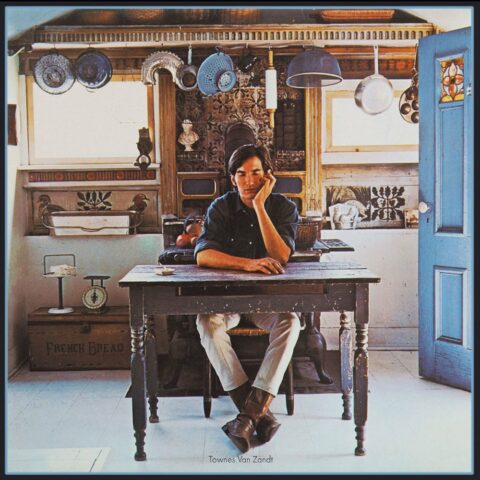 Townes Van Zandt – Townes Van Zandt (1969)
Townes Van Zandt – Townes Van Zandt (1969)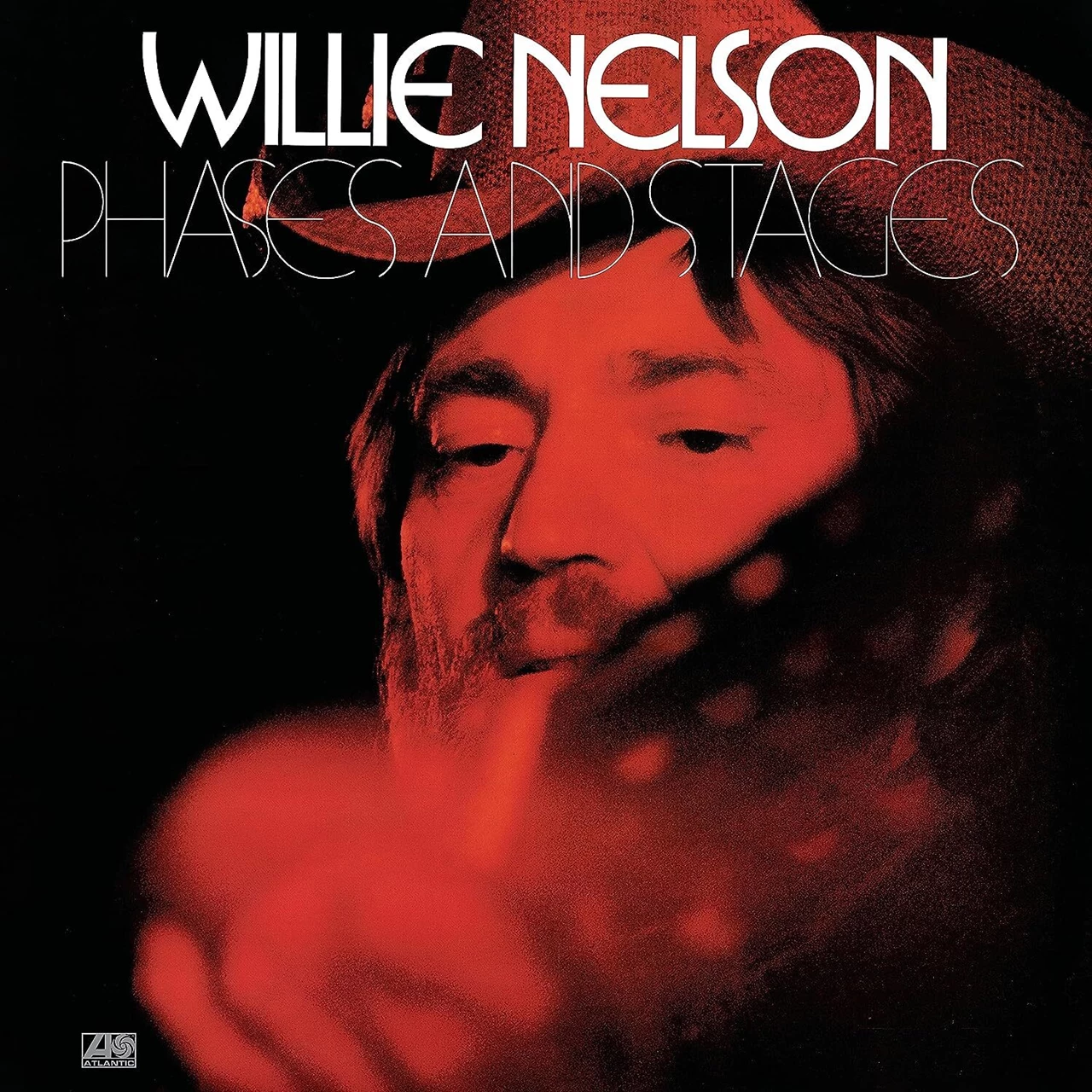 Willie Nelson – Phases and Stages (1974)
Willie Nelson – Phases and Stages (1974)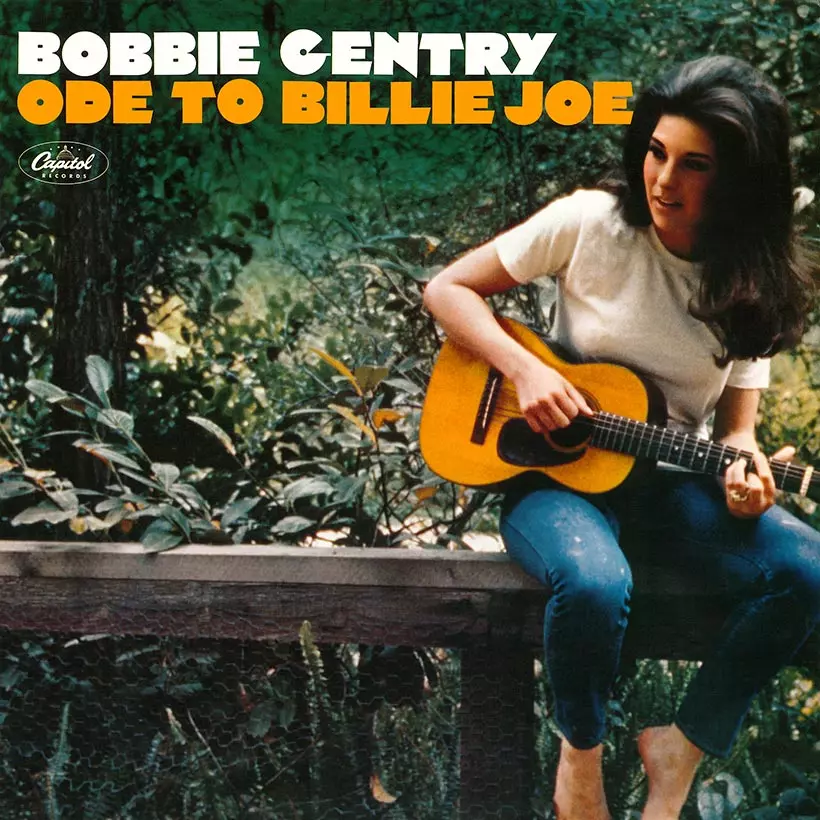 Bobbie Gentry – Ode To Billie Joe (1967)
Bobbie Gentry – Ode To Billie Joe (1967)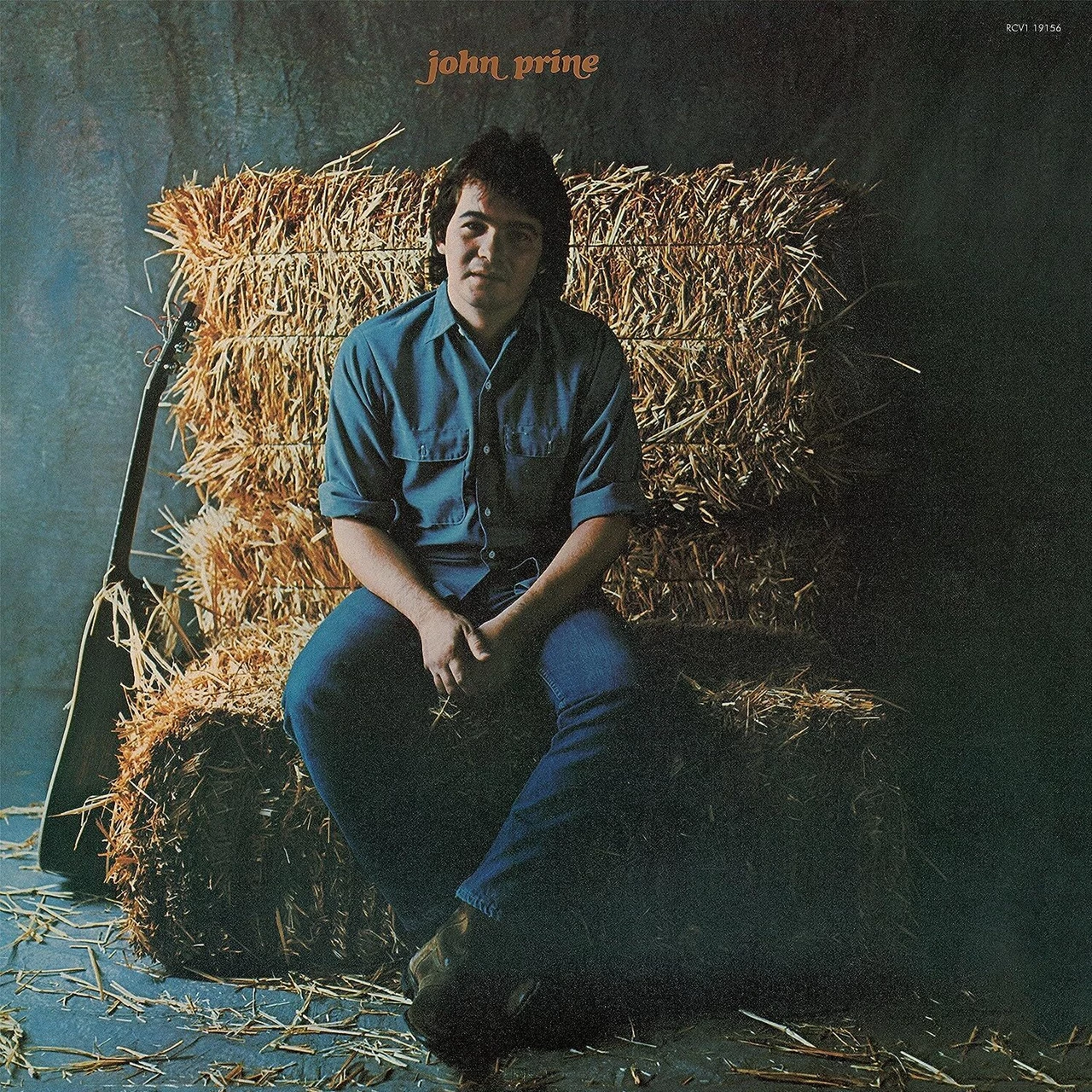 John Prine – John Prine (1971)
John Prine – John Prine (1971)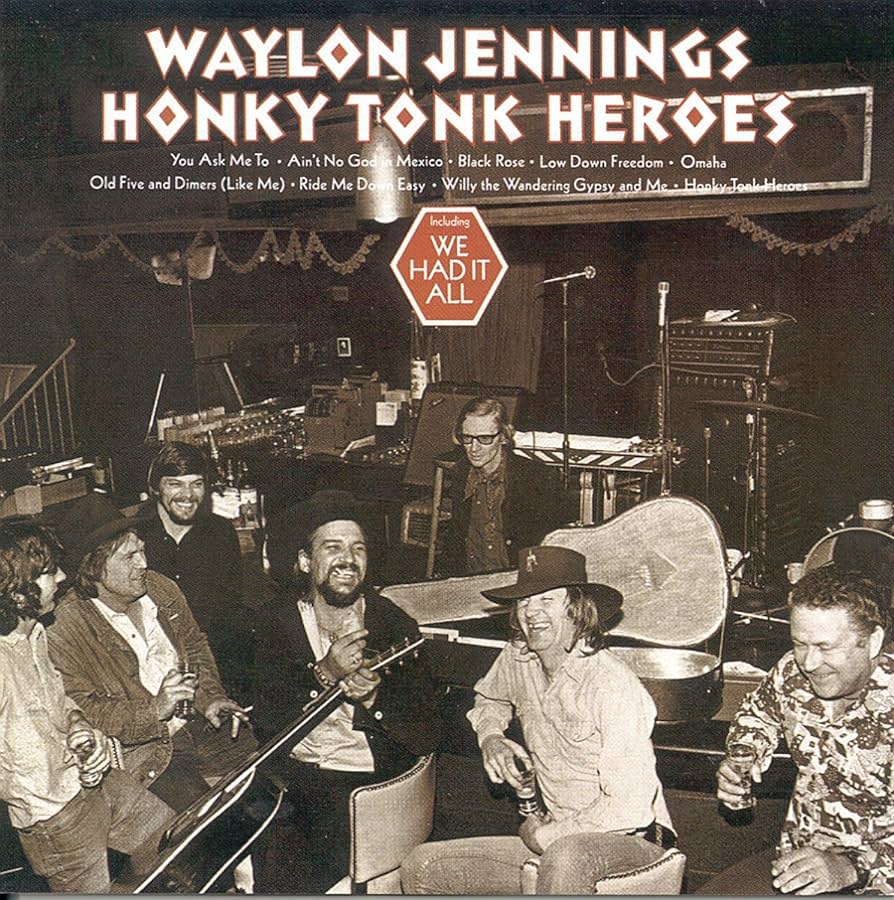 Waylon Jennings – Honky Tonk Heroes (1973)
Waylon Jennings – Honky Tonk Heroes (1973)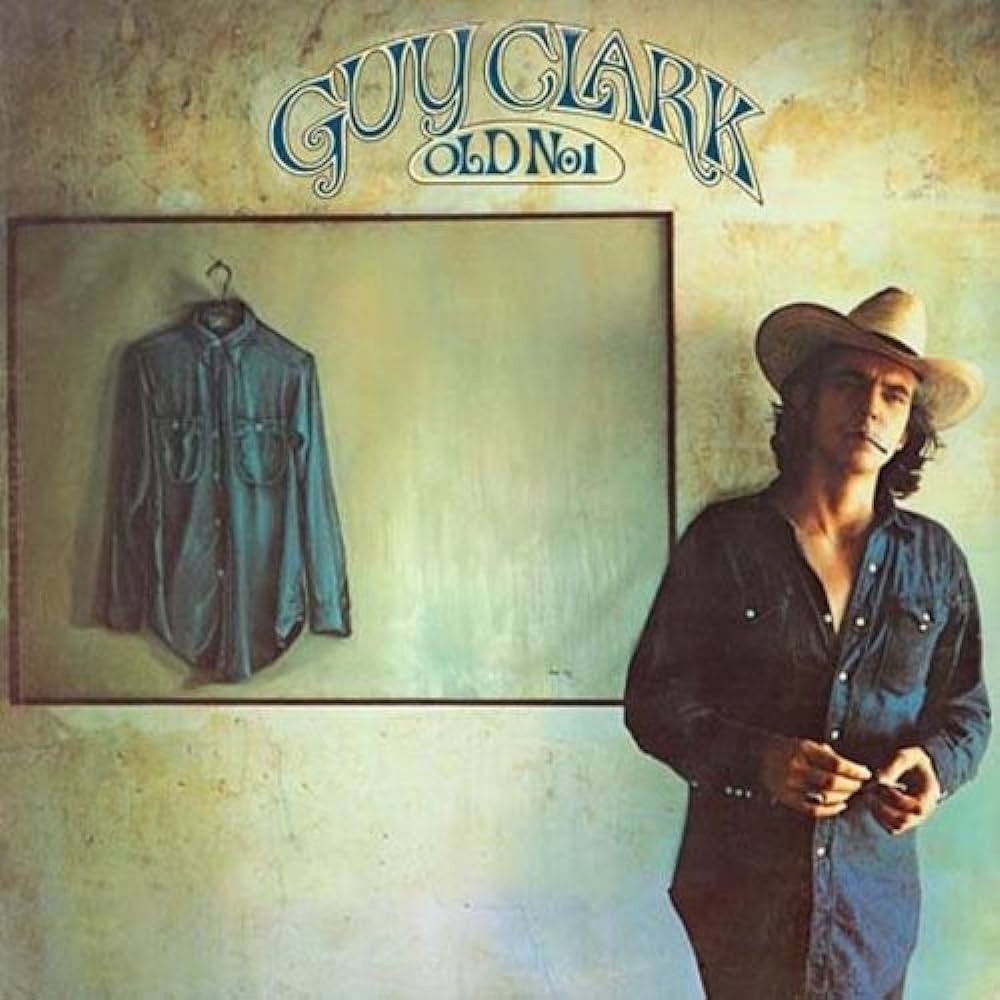 Guy Clark – Old no 1 (1975)
Guy Clark – Old no 1 (1975)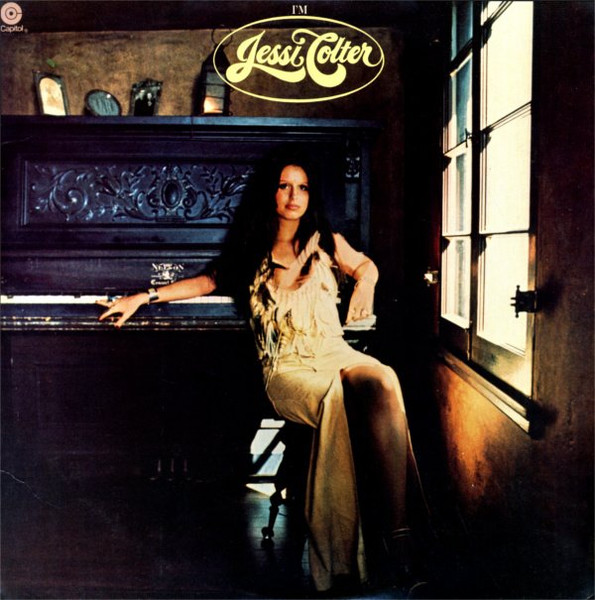 Jessi Colter – I’m Jessi Colter (1975)
Jessi Colter – I’m Jessi Colter (1975)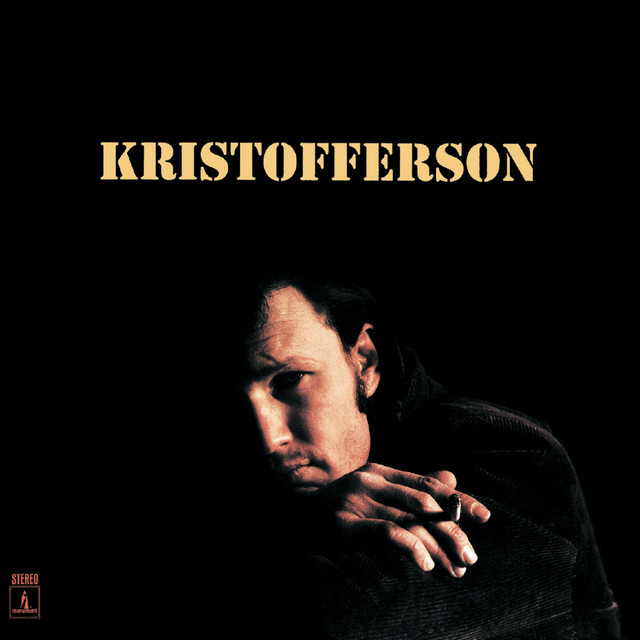 kris kristofferson – kristofferson (1970)
kris kristofferson – kristofferson (1970) Wanted! The Outlaws (1976)
Wanted! The Outlaws (1976)
1 Comment
Oh my goodness! Gotta say that Waylon Jennings is my favorite Outlaw! The man actually lived the things he sang about. I have known Waylon for more years than I care to remember in my opinion Waylon was /is still the absolute best.